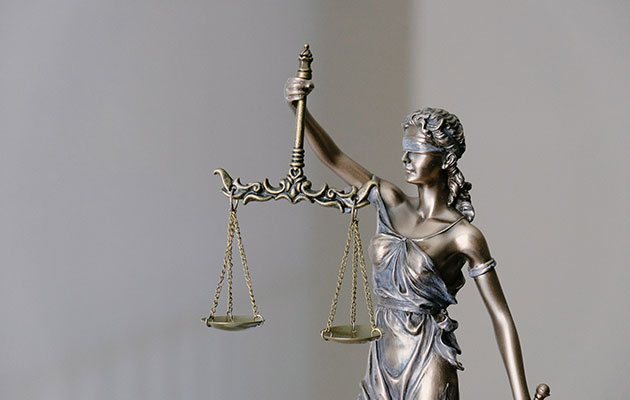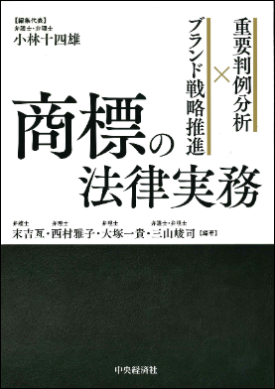-
Articles
Thailand's First Supreme Court Judgment On Copyright Of News Related Work
On 27 March 2019, the Central Intellectual Property and International Trade Court (“IPIT Court”) read the judgment of the Intellectual Property and International Trade Division of the Supreme Court (“IPIT Division of Supreme Court”) which has finally ruled in favor of the Plaintiff, an online news agency and a service provider of news and data through online system in Thailand, for the copyright in their articles, special reports and interviews infringed by the Defendant, a service provider of real-time financial information and related services for traders and investors in Thai markets. This is the very first ruling of the Thai Supreme Court in relevant to a copyright infringement of news related work.
It is common knowledge that copyright protection does not extend to news of the day and facts having the character of mere information, not being works in the literary, scientific or artistic field and the Copyright Act of Thailand B.E. 2537 (A.D. 1994) as Amended (“Copyright Act”) clearly stipulates as such in Article 7. However, the infringed work in this case between the Plaintiff and the Defendant was considered not news of the day, nor are they facts that are mere information.
The IPIT Division of Supreme Court gave the reasons in its judgment that the pieces of the alleged infringed work under this case were created by process of researching, compiling and selecting, followed by creating the reports and analyzing their contents with the proficiency of the authors. Moreover, the creation of these pieces of work required diligence, endeavor, intelligence, and labor in certain level, including the initiative judgment and discretion from experiences of the authors. Therefore, these news related work of the Plaintiff are considered a copyrightable literary work under the Copyright Act.
The fact that the Defendant had made reproductions of these articles and reports, and had redistributed the same to the public without any authorisation from the Plaintiff, thus constitutes a copyright infringement against the Plaintiff. The Supreme Court ruled that the Defendant shall pay damages to the Plaintiff for the infringement of the said work.
This judgement of the Supreme Court has got much attention from businesses in the news and media industry as this might set a new norm or precedent for copyright protection in news related work.






